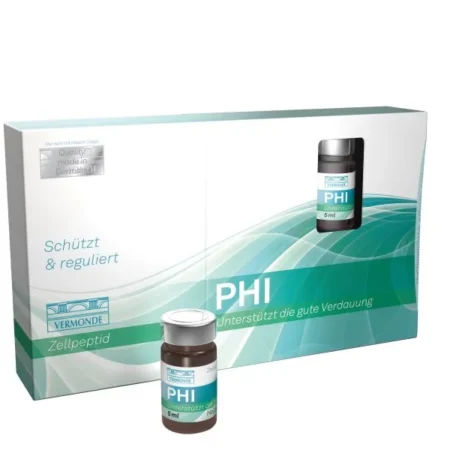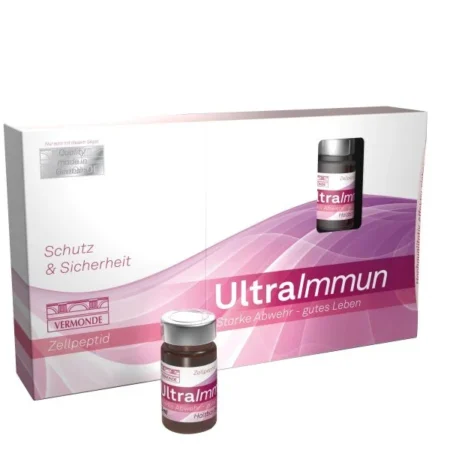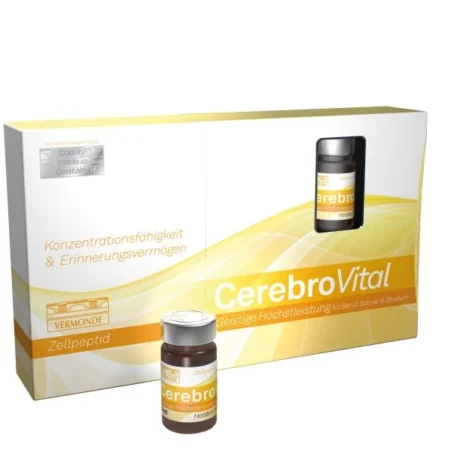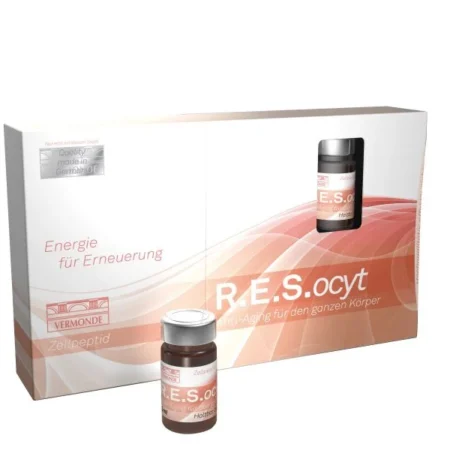CARE®-Technologie
Cell-Activity-Regeneration-Effect
Die innovative CARE®-Technologie (Cell-Activity-Regeneration-Effect) ist das, was unsere Produkte auszeichnet. Durch sie können die Inhaltsstoffe bis in das Organgewebe gelangen, um dort ihre Wirkung optimal zu entfalten. Dabei setzt die CARE®-Technologie auf die biologische Zellaktivierung und wirkt bis an die Basis unserer Organe. Das Prinzip beschleunigt die Regeneration der Zellen und vitalisiert sie von innen heraus. Die Organe bekommen genau die Hilfe, die sie brauchen, um wieder vital und aktiv ihre Aufgaben zu erfüllen. Dauerhaft und ganz natürlich.
Zellpeptide als natürlicher Aktivator
Die CARE®-Technologie wirkt der Alterung entgegen. Unsere Präparate enthalten neben auserwählten wertvollen Vitalstoffen wie Proteinen, Vitaminen und Mineralien einen zusätzlichen Aktivator – aus natürlichem Gewebe extrahierte Signalmoleküle – allen voran unsere Zellpeptide. Diese gelangen bis an die Stammzellen heran und aktivieren dort die Regeneration der Organe. Dabei teilen sie sich wieder, alte Zellen werden ersetzt und das Gewebe erneuert sich von innen heraus. Dieser Verjüngungsprozess stärkt die Organfunktionen und führt zu mehr Lebensqualität.
Erfahrung und Zellforschung Hand in Hand
Ausgehend von unserer Stammzellforschung haben wir gelernt, zellspezifische Signalmoleküle mit Hilfe der CARE®-Technologie so einzusetzen, dass sie in der Lage sind, Organsysteme gezielt zu stärken und physiologische Regelkreise nachhaltig zu balancieren. So wie ein komplexes Getriebe nur funktioniert, wenn viele Zahnräder nahezu reibungsfrei ineinander greifen, so ist ein gesunder Organismus auf das „reibungsfreie“ Miteinander der Zell- und Organfunktionen angewiesen. Die zellulären Signalmoleküle unterstützen hierbei – um im Bild zu bleiben – nicht nur die Koordination und Funktion der Zahnräder, sie wirken auch dem Verschleiß des Getriebes nachhaltig entgegen und sorgen für eine verbesserte Funktion und mehr Wohlbefinden beim Anwender.

Wussten Sie schon?
Köperzellen und Organsysteme kommunizieren bevorzugt über zellspezifische Signalmoleküle. Sie steuern sowohl den Zellstoffwechsel als auch die Teilung von Stammzellen. Sie regulieren aber auch komplexe Organfunktionen. Außerdem sind sie entscheidend an der Regulation des körpereigenen Hormonsystems beteiligt und für die Funktion von Knochenmark und Immunsystem verantwortlich.
Die Stammzellforschung hat gezeigt, dass jedes Organ seine eigenen spezifischen adulten Stammzellen besitzt. Diese weisen das Potential auf, in großer Zahl, Tochterzellen zu bilden und damit das Organgewebe sowohl strukturell als auch funktionell zu erneuern.
Das heißt: Organstammzellen können nicht nur aktiv zur Zellteilung angeregt werden, ihre Abkömmlinge sind auch in der Lage, unterschiedlichste Organfunktionen zu übernehmen. Dank diesem Mechanismus ist es prinzipiell möglich, auch bereits geschädigte Organe von innen heraus zu erneuern und ihre physiologische Funktion wiederherzustellen.




